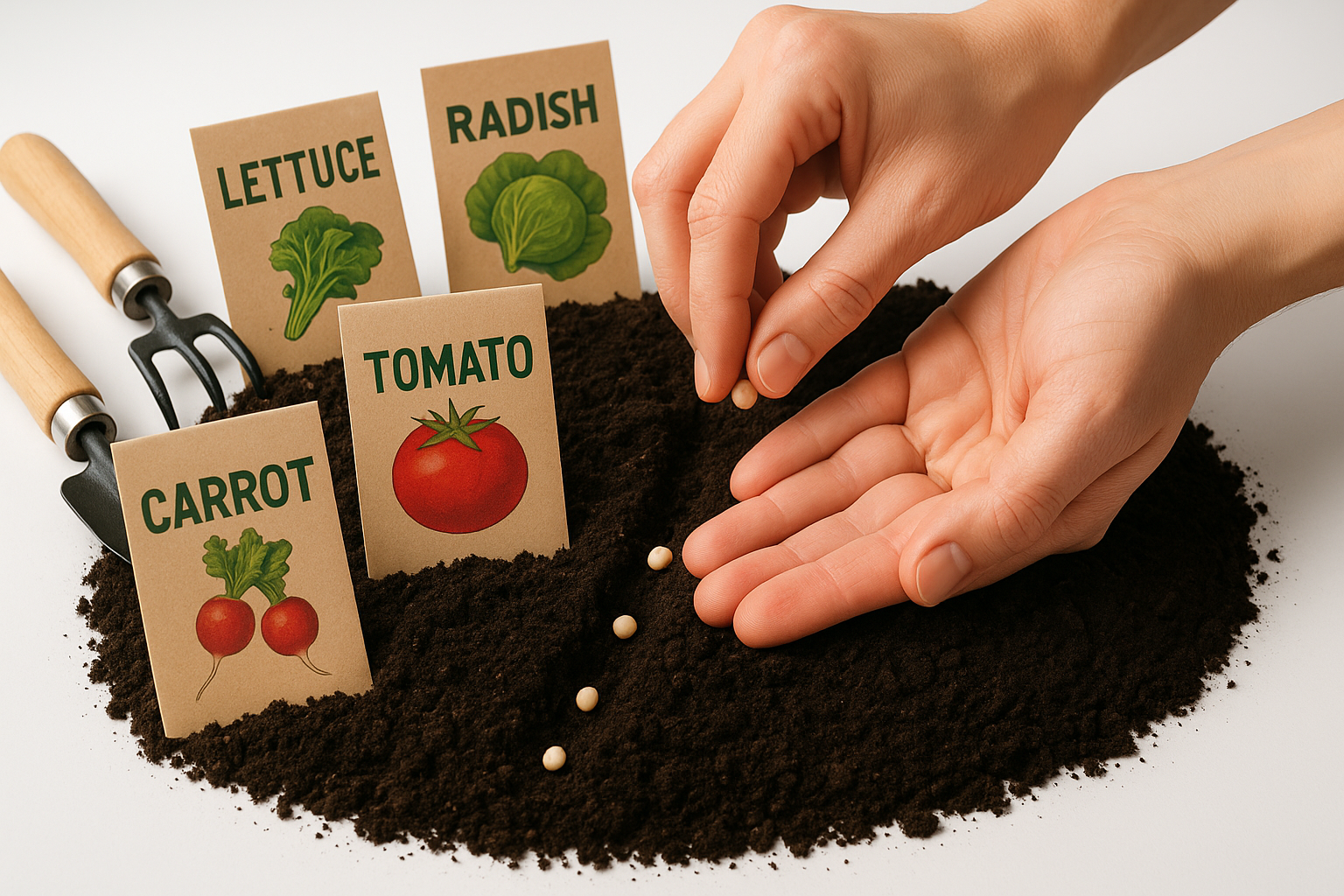Gardeners Never Fail With These Success Secrets
If you're looking to transform your gardening skills and achieve thriving results, explore these options to uncover the secrets of successful gardeners and elevate your green thumb expertise.

Understanding the Basics of Successful Gardening
Gardening is both an art and a science, requiring a blend of creativity and knowledge to cultivate a flourishing garden. The foundation of successful gardening lies in understanding your local climate, soil composition, and the specific needs of the plants you wish to grow. By familiarizing yourself with these elements, you can make informed decisions that align with the natural environment, ensuring healthier and more resilient plants.
Choosing the Right Plants for Your Garden
Selecting the appropriate plants is crucial to the success of any garden. Consider factors such as sunlight exposure, soil type, and water availability when choosing plants. Native plants are often a wise choice as they are adapted to the local climate and require less maintenance. Additionally, exploring options like drought-resistant varieties can further enhance your garden's sustainability and reduce water usage1.
Soil Health and Fertilization
Healthy soil is the backbone of a thriving garden. Regularly testing your soil's pH and nutrient levels can help you determine the best fertilization strategy. Organic fertilizers and compost are excellent options to enrich the soil naturally and improve its structure. Implementing crop rotation and cover cropping can also contribute to maintaining soil health and preventing nutrient depletion2.
Efficient Watering Techniques
Water management is another critical aspect of successful gardening. Overwatering is a common mistake that can lead to root rot and other plant diseases. Implementing efficient irrigation systems, such as drip irrigation or soaker hoses, can help conserve water while ensuring plants receive adequate moisture. Additionally, mulching around plants can help retain soil moisture and reduce evaporation3.
Pest and Disease Management
Preventing and managing pests and diseases is essential for maintaining a healthy garden. Integrated Pest Management (IPM) strategies focus on using a combination of cultural, biological, and mechanical controls to manage pest populations sustainably. Encouraging beneficial insects, such as ladybugs and bees, can naturally reduce pest numbers. It's also important to regularly inspect plants for signs of disease and take prompt action to prevent spread4.
Continuous Learning and Adaptation
Gardening is a continuous learning process, and even seasoned gardeners can benefit from staying informed about new techniques and trends. Joining local gardening clubs, attending workshops, and reading gardening literature are excellent ways to expand your knowledge. Additionally, visiting websites dedicated to gardening can provide access to a wealth of resources and expert advice.
Incorporating these success secrets into your gardening routine can lead to a more productive and enjoyable experience. By understanding the unique needs of your garden and making informed decisions, you can create a thriving oasis that not only beautifies your surroundings but also provides a sanctuary for local wildlife. As you continue to explore and refine your gardening skills, remember that numerous resources and options are available to support your journey toward gardening excellence.